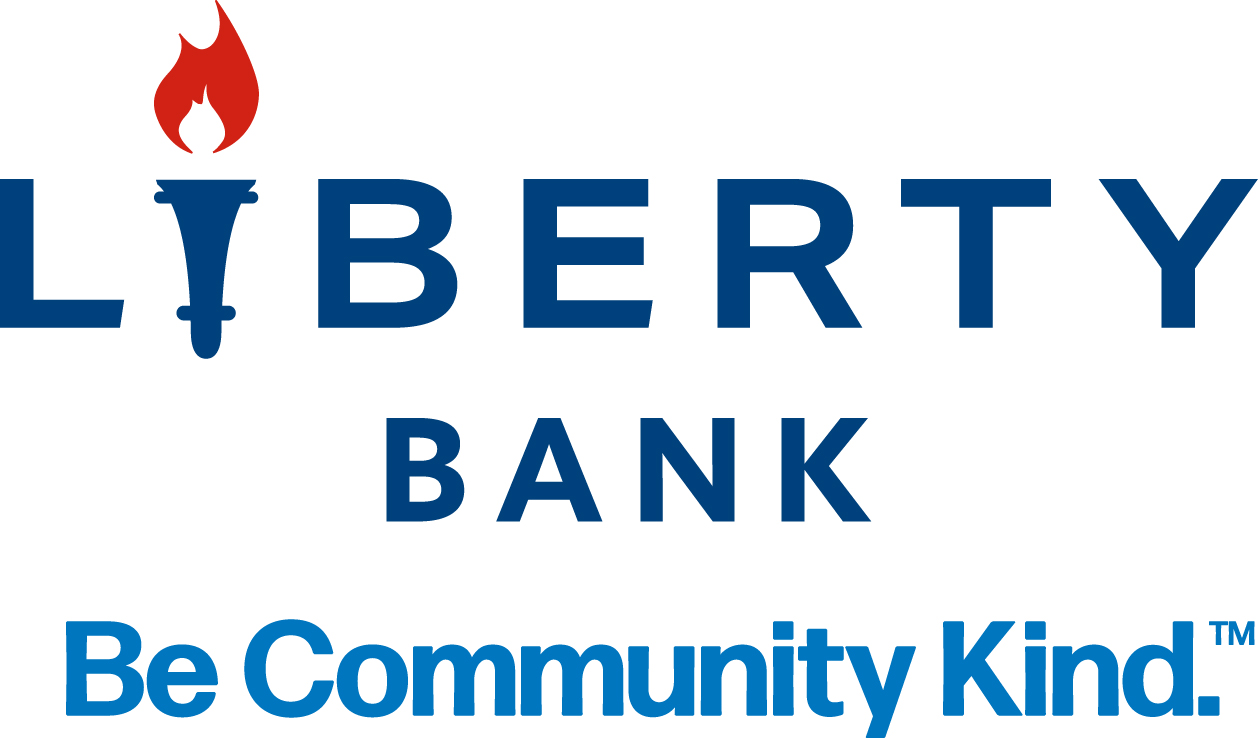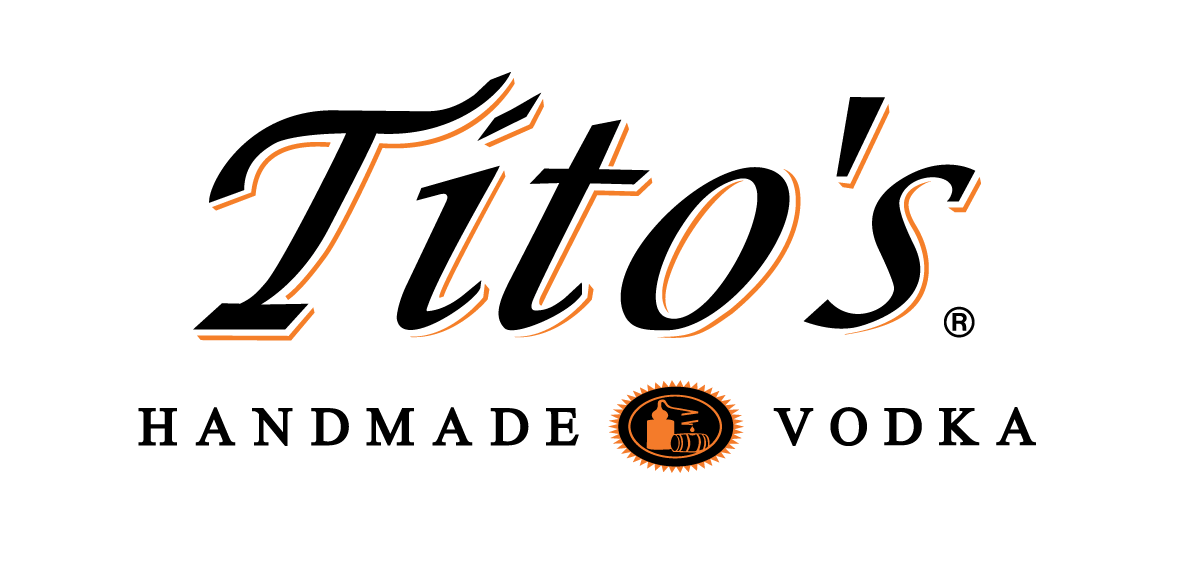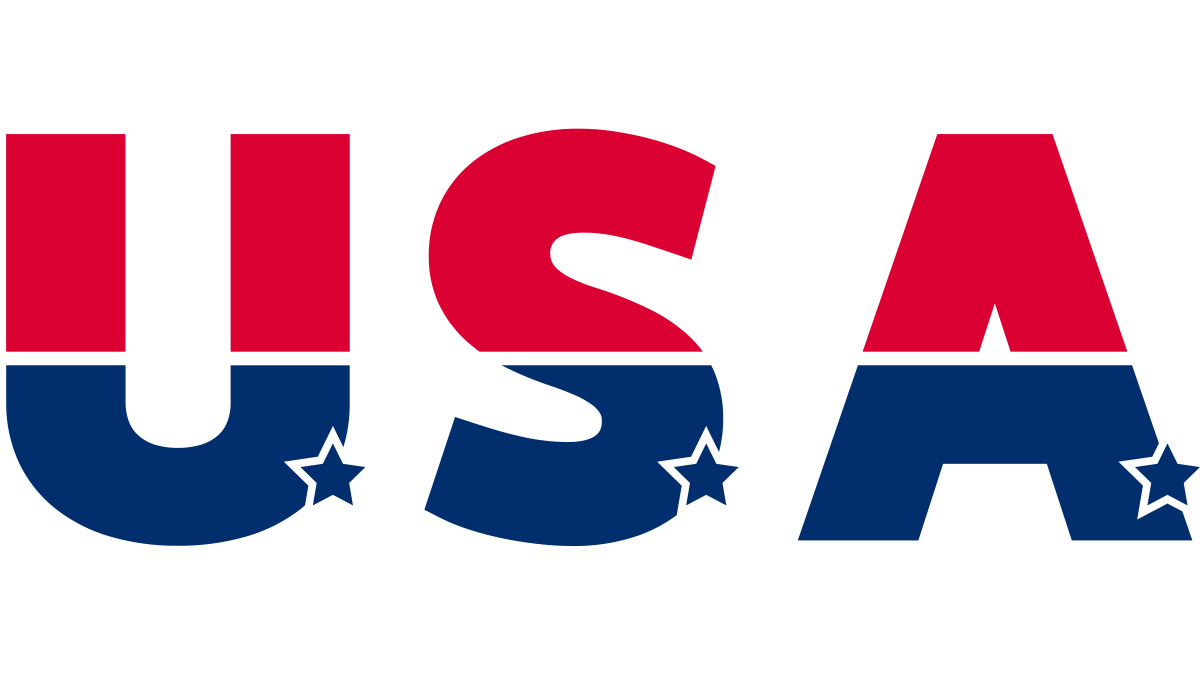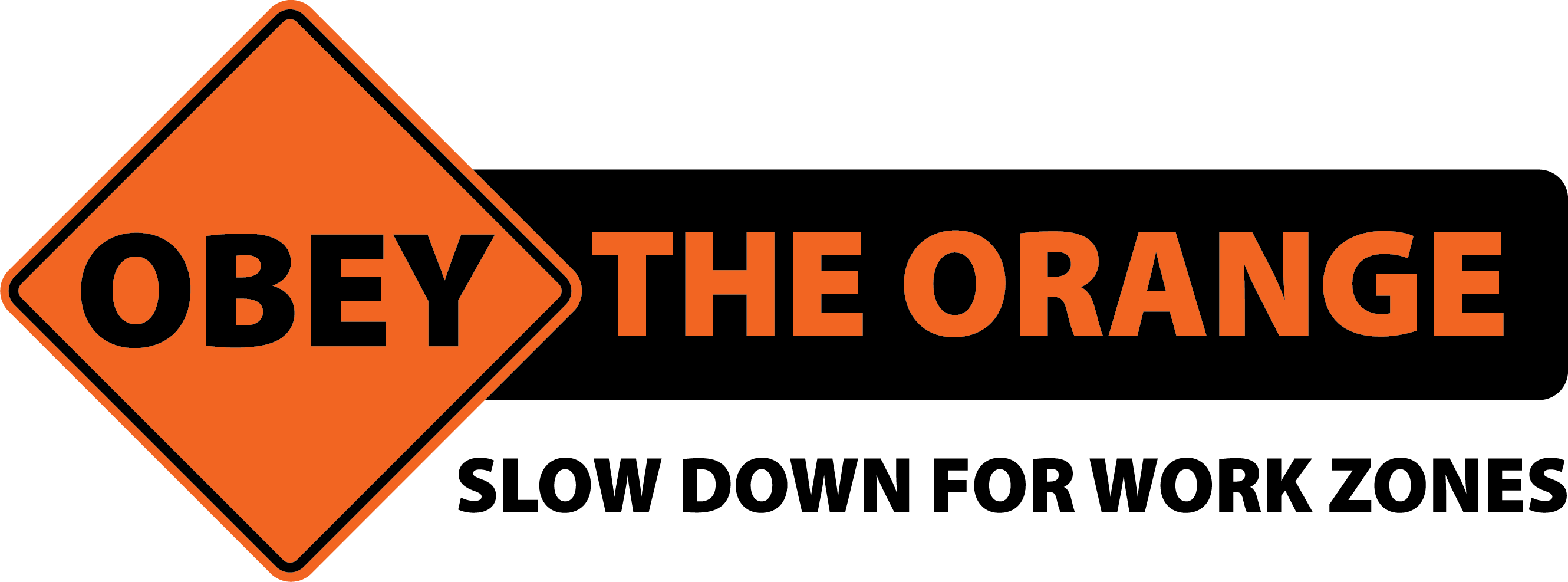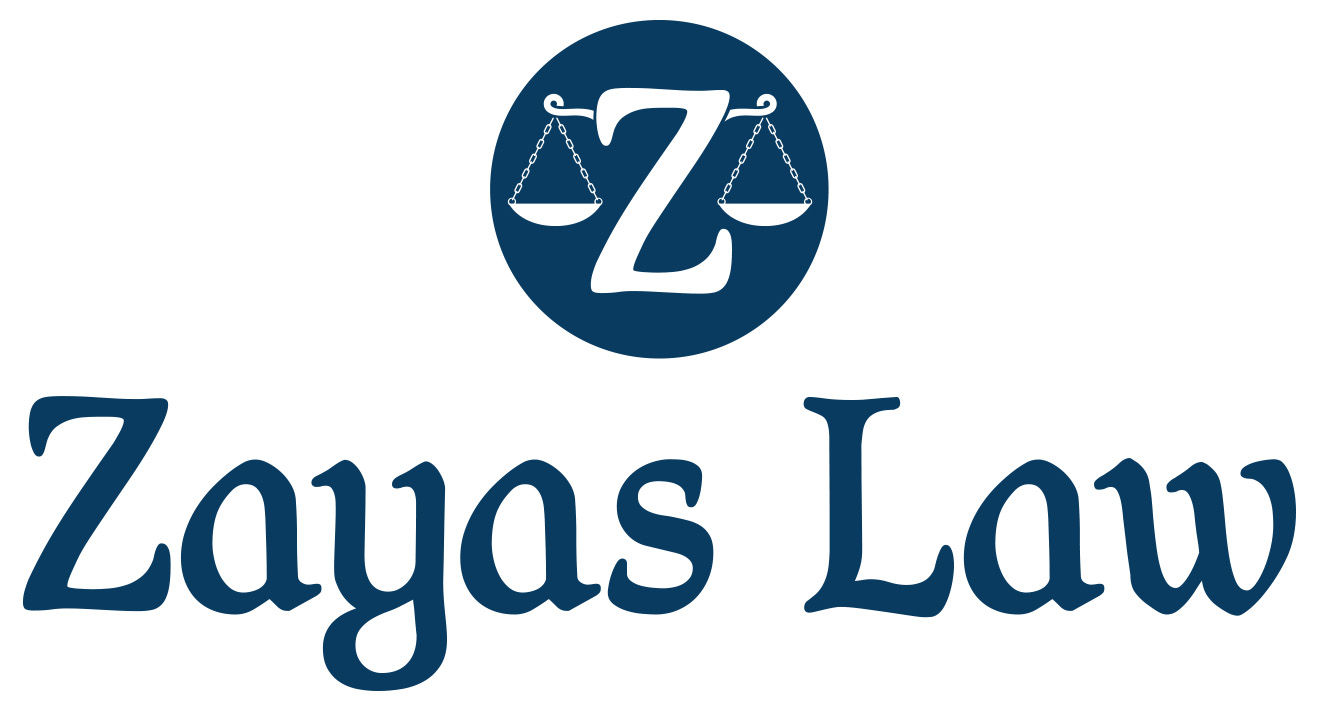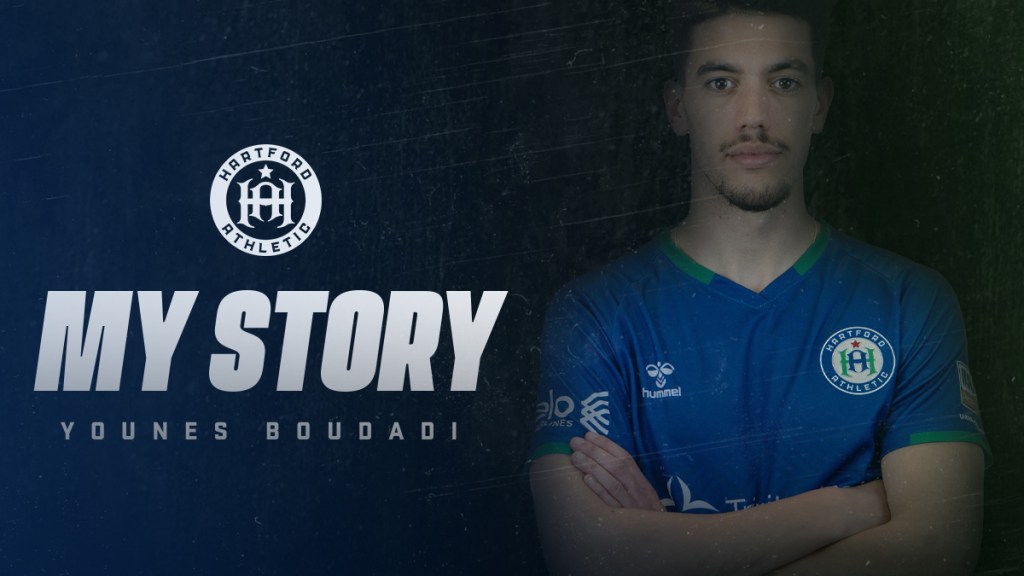
My name is Younes Boudadi and I was born on January 23rd, 1996 in Vlamertinge, Belgium, a small town where love and passion for the game of soccer is spread throughout. For many young footballers like myself, there were very few pickup games played in Vlamertinge, as organized and competitive soccer started at a young age.
I would frequently follow my older brother to his practices and ask my parents when I could start playing for our local club with him. He was just six years old, and I started playing on his team when I was three.
At some of our tournaments, there were coaches from the nearby academy programs looking to invite players to their trials that showed interest in me. I was actually playing under a different name, though, because I was too young to play in the league at the time. When I turned six years old, I started playing for Club Bruges, an academy program about an hour away from my hometown. Most people spoke Flemish, as did I, and that helped me make friends easily. One of the cool things about living in a small town like Vlamertinge is that when you get selected for an academy as respected as Bruges, it creates some buzz about you around the town. I was so young that I didn’t think about it much, but I remember how my friends and family would acknowledge that I played for Club Bruges and I was very proud of that.
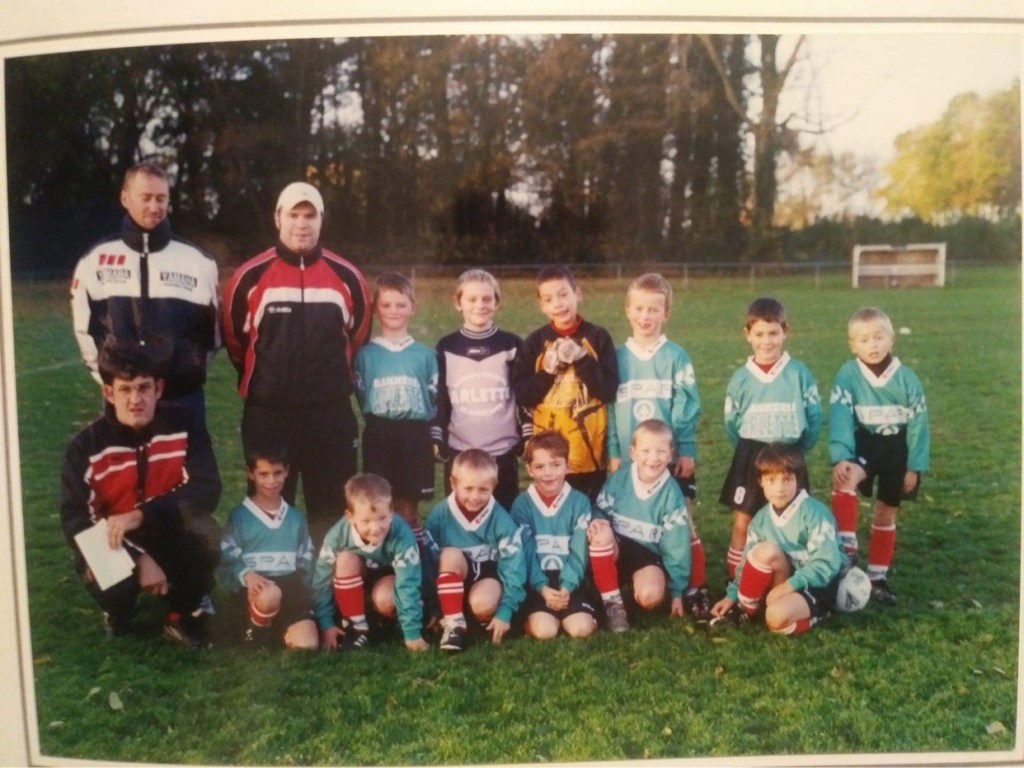
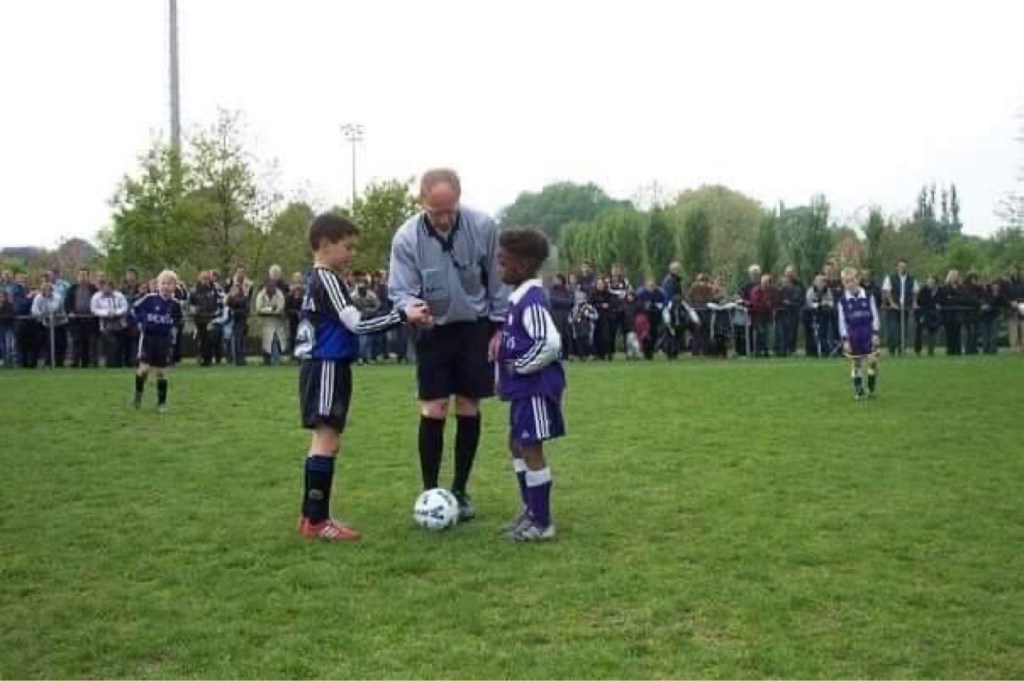
“The fear of being cut taught me to take advantage of every opportunity that I got to show my worth.”
At Bruges, there were individual goals that our coaches set for each player. If you didn’t reach them, you wouldn’t get invited back to the academy the following year. All players knew that as you progressed from age group to age group, there were going to be a handful of players cut from the program, and a group of better players brought in for the next year. I was 10 years old when I first feared that I would be one of those players who was not brought back. I was playing for the under 11 team and at that age, we played games with six players on each team on small fields, but at the end of that season we started playing 11 vs. 11. I always read the game well and had top-level athleticism, and I was able to show that more effectively with more players on the field. This was really the first time I felt the pressure of having to perform in a situation that would decide my fate in soccer. The fear of being cut taught me to take advantage of every opportunity that allowed me to show my worth. I’m truly lucky I was able to learn that at a young age.
From ages 12 through 15, I struggled as a soccer player. I was growing a lot and that caused several injuries that sidelined me for months at a time. I began to wonder if my body was made to handle the physical demands of the sport because while everyone else was developing and getting better, I had to focus on staying fit just so I could get back on the field. This seemingly constant battle to get healthy turned soccer into a game of survival. I no longer needed to be the best player on my team or in my age group, I just wanted to make it to the next year. I knew that my coaches believed in me, having kept me in the program for many years and I made a massive effort to do whatever they asked of me, even if I wasn’t healthy enough to play. After three seasons of surviving, I was fully healthy as a 16-year-old on the under 17 team.
From 16 to 19 years old, I began to learn what it meant to be a professional. While I was very grateful to still be with the club after battling through years of injuries, I was also very eager to no longer be the player who just survived. I wanted to put that identity behind me and become a complete player, stand out in my age group, and eventually become a first team player with Bruges. Unfortunately, I was dealing with a lot of trial and error as a player. I was still catching up with the speed of the game and I was struggling to earn consistent minutes. Given the situation, every time I stepped pitch was a major opportunity because I didn’t know when I’d get my next chance. And when we played the Rotterdam tournament during my under 17 season, I got a chance that changed the course of my career.
“I certainly wasn’t one of the players that any of those coaches were coming to see play.”
Rotterdam was a tournament that was well known for bringing in many Belgian, Moroccan, and Turkish players from the area that would attract coaches from several different clubs and youth national team programs. I certainly wasn’t one of the players that any of those coaches were coming to see play, but I had dual-citizenship in Belgium and in Morocco, so I knew that if I played well enough, I’d have a chance to catch the eye of some of the youth national team coaches from either country. I went into that weekend with a very clear mind, after having my own internal reality check during that week of training. I was making excuses and blaming everyone but myself for my frustration at the time. I told myself that I needed to focus only on what I can do to improve. I knew this tournament was an opportunity to put my current struggles behind me, and I ended up playing some of the best football I had played in years. There was a Moroccan under 17 national team coach there to see our goalkeeper play, but after the game, he contacted me to invite me to the Moroccan under 17 national team trial.
“I loved it. All the new players, new coaches, new influences, different styles of play, etc.”
After getting my Moroccan passport, everything moved very quickly. The trial period with the under 17 team was a week long, and I was out of my comfort zone the entire time, but I loved it. All the new players, new coaches, new influences, different styles of play, etc. There’s a saying, “Be comfortable being uncomfortable,” and I was. It was the first experience I had in 10 years in which the players and coaches around me didn’t know me. I had something to prove to a new group of people and I thrived in it. I continued to play well and I secured the starting right back spot on the team.
The eight months I spent with the under 17 team were extremely valuable for my growth as a player, as it was the most talented level of play that I had reached at the time. The team consisted of a variety of players who had Moroccan citizenship but did not actually play for clubs in Morocco. Many of them came from several different countries including Holland, Germany, France, Belgium, Italy and Spain.
I started playing with them in February of 2013 in preparation for the Africa Cup of Nations (AFCON), and we finished out the year playing in the under 17 World Cup in the Emirates, which was the most memorable experience. We won our group after beating Uzbekistan, Croatia, and Panama, and our run ended in the round of 16 against Côte d’Ivoire. After this experience, I started to believe in myself in a way I never had before and was confident that I could make a profession out of playing soccer.
“It was perhaps my quietest year as a player.”
Despite gaining top-level playing experience with the Moroccan national team, I still had much to learn about the mental part of the game. I came back to Club Bruges with a sense of entitlement and the wrong attitude overall. I thought that my success with the national team would earn me a spot on the under 21 team right away as an 18-year-old, and I quickly learned that was not the case. I was still surrounded by extremely talented players at Bruges and I had to keep competing with them. I played for the under 19 team for a year, and it was perhaps my quietest year as a player. And I don’t mean that I was literally quiet or quiet in my game play, but in my work ethic. I kept my head down and kept my focus lasered on improving and preparing to make the under 21 roster the next year, and I did just that.
Our under 21 squad won the national championship in my first year. It was a special season and one of my favorite groups that I ever played with. On top of that, the group stood out in my memory because my next season with Club Bruges would be my last.
“I struggled to find the passion that used to drive me to show up every day and play soccer.”
I got my first taste of professional soccer the next year, as I was selected to train with the first team in preseason. I got to play in a preseason game and did well, but I was sent down to the under 21 team quickly after preseason and there was no sign of me being pulled back up. I didn’t see a pathway to a spot on the first team roster, and that was something I needed at the time. Throughout the season with the under 21 team, I struggled to find the passion that used to drive me to show up every day and play soccer. I had been with the club for 13 years, and I realized that the only way I could regain touch with that passion was to find something totally new. At the end of year, I decided to go to the United States and pursue a degree and collegiate soccer career.
I graduated high school in Belgium very early, I was just 16 years old. In the following years, I was just playing soccer and my sole focus was earning a first team roster spot with Bruges. This made pursuing a degree while playing soccer that much more attractive to me, as I thought that having something to do outside of being an athlete would bring a nice change of pace and balance to my life.
“Playing soccer for a school in America, I felt a higher level of camaraderie with my teammates.”
I decided to go to Boston College after getting accepted and receiving a full scholarship offer to play soccer. It may sound weird to say, but I found myself again in my time at BC. I was enjoying playing soccer every day, playing consistent minutes, and I felt like I had a grasp for what my top level of play was. I could see my potential again. I also felt the completely different culture of college soccer in comparison to playing for a club and competing for a first team roster spot back home. At Club Bruges, I was friends with my teammates, but at the end of the day, we were all competing for an individual goal and not so much a team goal. Playing soccer for a school in America, I felt a higher level of camaraderie with my teammates and combining the responsibilities of soccer with schoolwork was very good for me mentally. I loved the new culture, but I knew that there were other programs in the NCAA that would give me a better chance of playing in the MLS. I still had that fire in me to keep growing as a player and pursue being a professional, and I owe that to my teammates and coaches at BC that helped me find that feeling again. It was not an easy decision, but after two years in Boston, I transferred to Creighton University.
Creighton’s soccer program was well-known for sending many of their players to the MLS draft and into the professional ranks. I played under a top-level Coach in Johnny Torres and we had an extremely professional and supportive staff, which made it a great environment for playing soccer. We made it to the Big East Championship in back to back seasons, and I actually had some great battles with my current Hartford Athletic teammate, Luka Prpa, who played at Marquette over the same two years. I was seen as a player with an important role on our team, and that helped me develop as a leader. At the end of my senior year, I couldn’t have asked to be more ready for professional soccer and in 2020, I was drafted by LAFC as the 102nd overall pick in the MLS SuperDraft.
“I had to be quiet again. Quiet in my work ethic.”
I was extremely proud to be a professional, as the years of work I put into my career had finally paid off. But at the same time, a brand new challenge was quickly approaching. I spent the 2020 preseason with LAFC. At the end of the preseason, the club didn’t sign me. It was a tough pill to swallow, but I did not panic. I had dealt with setbacks just like this while playing for Bruges, and that prepared me to move forward and find a way to survive.
I signed with USL Championship club Reno 1868 FC a few weeks into the 2020 season. As a 24-year-old rookie, an age that is on the older side for someone in their first year professionally, I came in with expectations to play right away, but that didn’t happen. I knew that this could have been my last chance to prove myself at the professional level. Much like the situation with Bruges a few years earlier, I had to be quiet again. Quiet in my work ethic. And after going without an appearance for eight games straight, I got my first start at right back against Portland Timbers II. I felt the pressure of this being possibly my only chance, but I was prepared to be comfortable under the pressure. I had two assists in that game and was voted to the USL Championship Team of the Week a few days later. After that performance, I was seeing consistent minutes for the rest of the season, and they picked up my option for next season. For the first time in months, I could breathe a sigh of relief.
“We have a group full of winners.”
Unfortunately, after picking up my option, Reno 1868 FC ceased operations before the 2021 season. However, this was a blessing in disguise for me because this opened the door for me to sign with Hartford Athletic shortly before the season started. The 2021 season was great for me because it was my first full professional season, which was hard to adjust to after four years of college. With that under my belt, I was fortunate to resign for 2022, and I couldn’t be more excited to be back. We truly have the best fans in the world, and I cannot wait to get back out on the pitch with them behind us. We have a competitive group full of winners who are all aiming towards one goal–to get back to the playoffs– and we’re going to give it everything we have.





















































































































































































































































































































